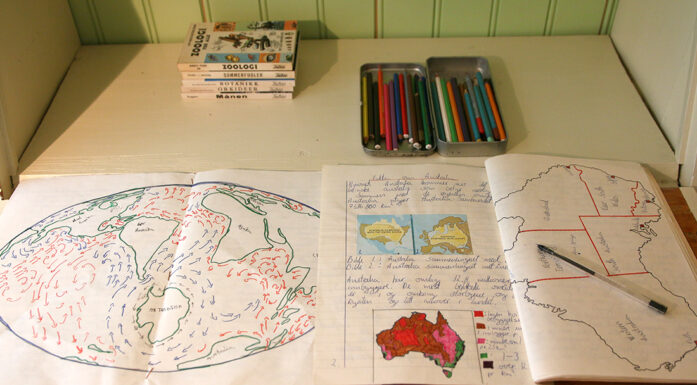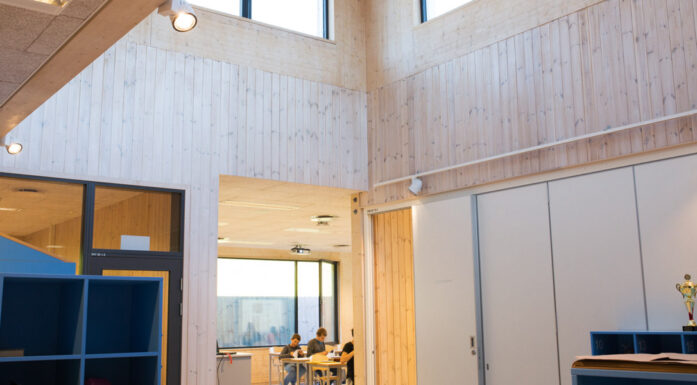What makes a good teacher?
There are different views among students, education policymakers and educators about what the qualities of a good teacher should be, according to a new NTNU study.
The academic performance of Norwegian school pupils is constantly up for discussion – and with it the quality of teachers themselves and teacher education. The decision that all new teachers should have a master’s degree is one of several reforms intended to create better results in the teaching profession.
However, according to an NTNU study conducted by Eli Smeplass, placing a greater focus on academic knowledge is being done at the expense of pedagogical competence and knowledge about the conditions a child grows up in.
Smeplass is a researcher and senior lecturer in NTNU’s Department of Sociology and Political Science.
- You might also like: Pupils with low grades feel less supported by teachers
The gap between politics and daily life
For her doctoral thesis, Smeplass followed students, teachers and educators for an extended period and interviewed them about how they perceived problems and solutions related to teacher education.
“Because management policy is so strong in Norway, new management ideas are often introduced into teacher education programmes, without having public discussions about what really makes a good teacher,” says Smeplass.
The study shows it is precisely here that the challenges lie. Many students start teacher training because they are concerned about the well-being of children and adolescents, which Smeplass believes is a key prerequisite for people entering the profession.
“If the main educational focus is on academic knowledge, and you reduce this to credits or a master’s thesis, we risk losing other valuable teacher qualities,” she says.
“These contradictions reinforce students’ dissatisfaction, because they see a gap between politics and everyday life in school, which also indicates that teacher education is not doing what it claims.”
- You might also like: Boys still lag behind in reading
Teacher shortage
Smeplass says that one notion about teacher education is the perceived problem that teachers are dropping out of the profession. In truth, many teachers today are using their expertise from teacher training in alternative careers.

The academic performance of Norwegian school pupils is constantly up for discussion – and with it also the quality of teachers themselves and also teacher education. Illustration photo: Shutterstock
“This is a clear example of how a socioeconomic understanding of the teaching profession is unable to capture the complexity of these opt-out patterns. This is where we need more research, especially since concerns about possible teacher shortages have been a dominant perspective for a number of years,” she says.
Hard to grasp
Torberg Falch, head of NTNU’s Department of Teacher Education, understands that it can be frustrating for both students and those who educate teachers to feel the conflicting pressures for teachers to have more expertise in more areas.
“Students have a lot of different views on how to improve teacher education, but Smeplass finds that this varies so much from student to student that it isn’t a systematic criticism,” says Falch.
At the same time, he believes that the goals of teacher education should be clarified, which would also shed light on what is not a priority within the limited period of the study programme.
“Some things have to be learned after the study programme, and for some kinds of expertise, actual teaching is a better learning arena than a study situation. This kind of clarity can make it easier for students to handle wide-ranging expectations from lots of directions,” Falch says.
Wants a different public discussion
Smeplass believes that a big part of the problem lies in the public discussion about teachers, and that student wishes, educator opinions and alternative career choices are not being heard.
“By approaching the discussion through a sociological entry point that opens up the social mission of teacher education and the diversity of perspectives on the teaching profession, it becomes possible to look at what can work well in teacher education today,” she says.
Doctoral thesis by Eli Smeplass: Konstruksjonen av den problematiske lærerutdanningen: ærerutdanningen i et institusjonelt og politisk landskap (The construction of problematic teacher education: Teacher education in an institutional and political landscape). English abstract.







